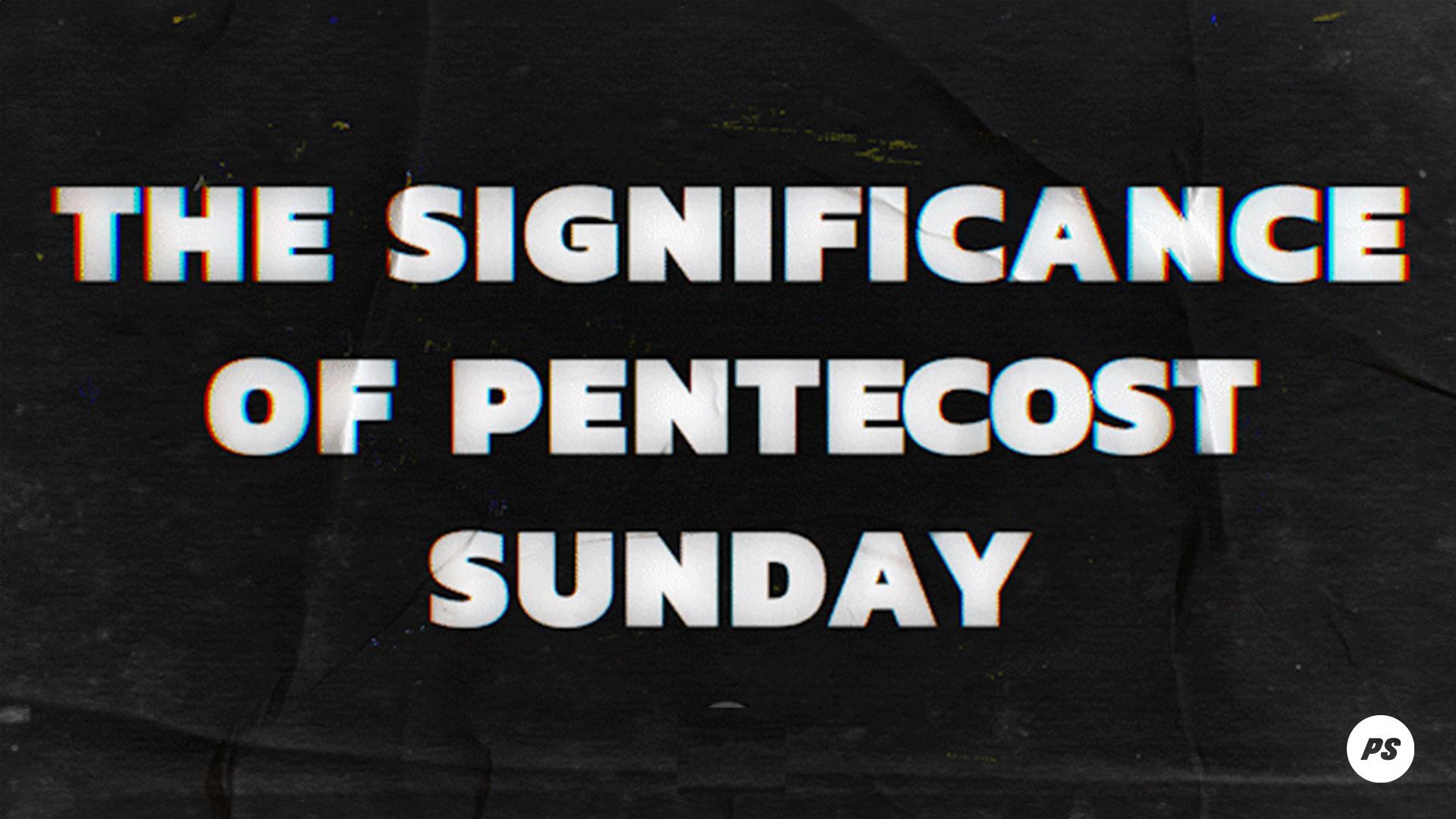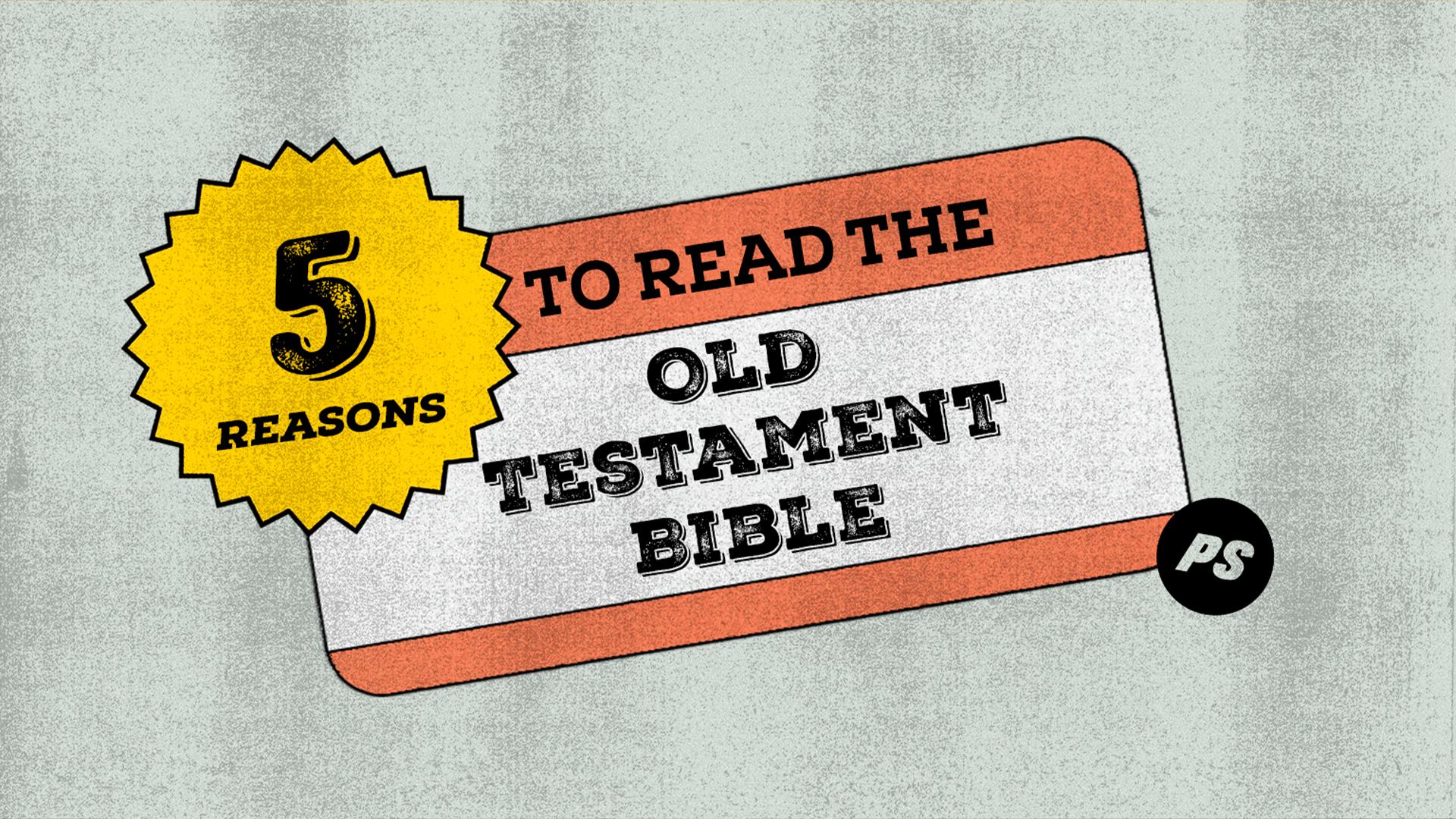If the average person were to be asked about the main events on the Christian calendar, they would probably immediately think of Christmas and Easter. Alongside these two holidays, however, it is difficult to think of many days that hold more spiritual significance than Pentecost Sunday. On Pentecost Sunday, we appreciate the amazing move of God that took place on the Day of Pentecost (you can read about this in Acts, chapter 2).
When we think about this particular move of God, we often think of an amazing occasion of God’s empowerment that was characterised by the sound of a rushing wind, the appearance of tongues of fire and the ability each person present was given to suddenly speak fluently in other languages. Perhaps we think of the radical and instantaneous transformation of Peter when he was baptised in the Holy Spirit that day and changed from one who denied Christ in fear, to a man who then preached Christ publicly with supernatural boldness and courage!
While all of these things are immensely significant (and we will continue to talk about each of them), there is greater theological depth to the Day of Pentecost than most realise. The Day of Pentecost actually stands as a prophesied ‘landmark’ for the beginning of the New Covenant and as a sign of the birth of the Gentile church. Just as importantly, in celebrating Pentecost Sunday each year, we remind ourselves that the same empowerment gifted by God on the Day of Pentecost is still available to Christians today!
Significance of the New Covenant
In order to fully appreciate the work of the Holy Spirit through the New Covenant, it is important to first establish how He operated in the Old Covenant. The supernatural empowerment of King Saul is a good example of the work of the Holy Spirit in the Old Covenant. In 1 Samuel 10:10, we read that the Spirit came upon Saul in such a way that he began to prophesy alongside the prophets of the day: “When Saul and his servant arrived at Gibeah, a group of prophets met him. Then the Spirit of God came powerfully on him, and he prophesied along with them.” (1 Samuel 10:10, NASB). However, just as easily, a few chapters later in 1 Samuel 16:14, we discover that the Spirit departed from Saul. The main pattern that emerges in the Old Testament is that the empowerment of the Holy Spirit was only for ‘special’ people on ‘special’ occasions. It seems that most regular believers would not have had any personal empowerment experience, and even if they did, the Spirit would come on and off them as He willed. We see this illustrated in Psalm 51:11 when David pleads with God that He would not take His Holy Spirit from him. This was the way it had been for thousands of years.
It is in this context that the Old Testament prophet, Joel, prophesies regarding the New Covenant to come:
It will come about after this that I will pour out My Spirit on all mankind; and your sons and your daughters will prophesy, your old men will have dreams, your young men will see visions. and even on the male and female servants, I will pour out My Spirit in those days.
Joel prophesied that the Holy Spirit would be poured out liberally on ALL flesh and that the spiritual gifts of prophecy, visions and dreams would be commonly expressed through ALL of God’s people— male and female, slave and free, young and old.
Around 500 years after Joel’s prophecy was declared, it was finally fulfilled on the Day of Pentecost. With the sound of a rushing wind and visible tongues of fire, the Spirit was poured out on everyone waiting in the upper room, marking the beginning of the time in which the Spirit would dwell amongst all believers. How do we know that this was the fulfilment of Joel’s prophecy? Peter, himself— one of those waiting in the upper room— confirmed that this was the case. Those who had been baptised in the Holy Spirit were prophesying and speaking in tongues in such a way that people nearby assumed that they were drunk. Peter refuted them: “For these people are not drunk, as you assume… but this is what has been spoken through the prophet Joel.” (Acts 2:15-16, NASB) Peter then went on to quote Joel’s prophecy.
For this reason, the Day of Pentecost is one of the key moments that signified the birth of the New Testament Church, yet this was not the only prophecy fulfilled that day. Jesus, Himself, was the One who had told those in the upper room to wait for the Spirit. He promised that the paraclete (advocate, companion, comforter, coach) would come in His stead. This paraclete is the Holy Spirit—the third person of the trinity. It is important to realise that the Day of Pentecost does not merely mark the day in which the Spirit came to give spiritual gifts, but perhaps even more importantly, that the Spirit would live alongside each and every person who was willing to accept Christ.
Pentecost Sunday is so significant because we celebrate the ushering in of a new, better covenant in which the Holy Spirit now lives alongside every believer!
Pentecost Sunday is so significant because we celebrate the ushering in of a new, better covenant in which the Holy Spirit now lives alongside every believer!
Significance for the Gentile Church
One of the lesser-discussed yet equally-significant theological connections from the Day of Pentecost, is its impact on the birth of the Gentile Church. Firstly, it is worth highlighting the direct correlation between the empowerment at Pentecost and Jesus' commissioning of His disciples to preach the gospel to all the world.
Immediately before His ascension, Jesus said to His disciples, “You will receive power when the Holy Spirit has come upon you and you shall be My witnesses both in Jerusalem and in all Judea, and Samaria, and as far as the remotest part of the earth.” (Acts 1:8, NASB) Jesus’ followers were to preach the gospel to the whole Earth— not in their own strength, but with the empowerment of the Holy Spirit. How appropriate that the first sign on the Day of Pentecost was the supernatural ability to speak in languages from various parts of the world. The empowering gift given mirrored the ‘call’— equipping believers to successfully (and supernaturally) fulfil their mission.
This empowerment experience was not just for the Jews who had been dispersed throughout the Roman Empire, but for Gentiles also. An important event happened in this regard in Acts 10. After Peter and Cornelius had each received a vision to seek the other out, Peter visited the Gentile household of Cornelius. Even though it was strictly against cultural custom for Peter, as a Jew, to visit a house of Gentile (see Acts 10:28), Peter obediently preached the gospel to Cornelius and his relatives and close friends that had been invited. In the midst of Peter’s message, the Holy Spirit fell on the Gentiles who had gathered. The significance of this moment is reflected in the reaction of the Jews who were present: “All the Jewish believers who came with Peter were amazed, because the gift of the Holy Spirit had also been poured out on the Gentiles. For they were hearing them speaking with tongues and exalting God.” (Acts 10:44-46, NASB)
In this moment, we see a breaking down of nationalistic walls and an equality of Jew and Gentile within the Kingdom of God. Significantly, it was proven to the Jews present that these Gentiles had become God’s people also, since they had the same experience as the Jews did on the Day of Pentecost. This reenactment of the Day of Pentecost in a Gentile household, seemingly made them realise that Joel’s prophecy that God would pour out the Spirit on all flesh, really meant ALL flesh. Thus, Peter responded by saying, “Surely no one can refuse the water for these to be baptised, who have received the Holy Spirit just as we did, can he?” (Acts 10:47, NASB)
The outpouring of the Holy Spirit on the Day of Pentecost is significant as proof to the Jews that Gentiles too, have equal standing in the Kingdom of God.
Significance for Today’s Believer
Pentecost is still significant today for one simple reason: What was given to the church on the day of Pentecost is still available to the church today. Joel’s prophecy is still fulfilled in the modern church and the Holy Spirit is still being poured on all flesh. Why? Because the call for God's people to spread the gospel has not changed, and will not change until His return.
The Holy Spirit is still living in us, guiding us and sanctifying us, just as He did in the early church. The Holy Spirit is still empowering and equipping the church, as members of Christ’s body, in order to serve one another and reach out to the world with the good news of Jesus Christ. Pentecost Sunday is significant today because it not only allows us to reflect on and celebrate the work of the Holy Spirit in the past, but because it also encourages an expectation of the manifestation of these same works in our lives today.
What was given to the church on the day of Pentecost is still available to the church today... because the call for God’s people to spread the gospel has not changed and will not change until His return.
More post from College





